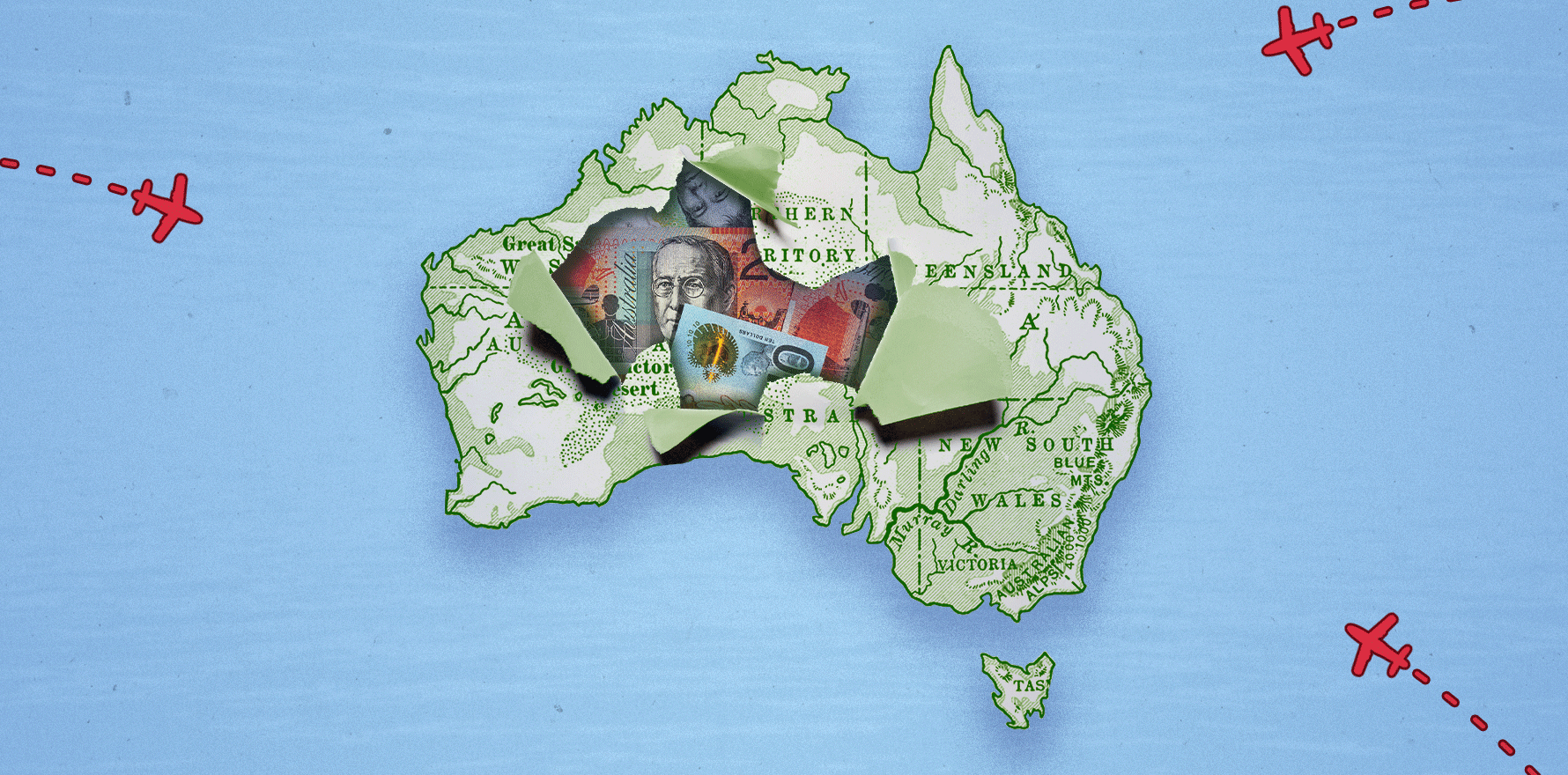The PESCI has long been a point of frustration for international medical graduates seeking to work in Australia, but recent data has revealed a shocking turnaround.
The proportion of overseas-trained doctors successfully sitting ACRRM-run Pre-Employment Structured Clinical Interviews (PESCI) has doubled in recent years.
But it may be too little, too late; the arrival of new providers on the scene has meant a precipitous fall in the number of candidates sitting the exam with the smaller college.
It’s a bigger deal than it seems.
Rural Australia is in the middle of a particularly bad GP drought, and increasing the number of internationally trained doctors coming into the country is the quickest way of breaking it.
The PESCI is the final obstacle standing between an internationally trained doctor and registration – it can only be sat after a candidate has provided all their bona fides, passed the two Australian Medical Council exams, sat mandatory English language testing and secured a job interview.
In past years, the success rate for candidates sitting the PESCI with ACRRM has ranged between 15% and 23%, a noticeably lower rate than the RACGP, which has tended to pass closer to 50%.
After years of lagging, new Australian Medical Council data has revealed that ACRRM’s success rate jumped to 47% in the 2022 financial year.
A spokesman for the rural college told The Medical Republic that it had enhanced and increased resources for PESCI candidates and clarified that its marking was in line with the national standard.
Still, it’s not all stethoscopes and rainbows for ACRRM.
Being that internationally trained doctors have to serve out a decade-long moratorium in a recognised area of workforce shortage (read: rural and remote Australia) ACRRM has historically been the main provider.
Until 2022, ACRRM also had a monopoly on testing in Queensland, Victoria, WA and the Northern Territory.
In both the 2021-22 and 2020-21 financial years, it ran 70% of PESCIs nationwide.
Which is why it may have come as a rude shock when, in the 2022-23 financial year, this proportion fell to a measly 12%.
In real terms, that’s a drop from around 350 per year to 88.
A shortfall of around 262 candidates represents a hefty chunk of change; ACRRM charges $2495 a pop for the PESCI, plus an administration fee of around $500, a reconsideration fee of $600 and a review fee of $1200.
Assuming nil reconsiderations or reviews puts the loss at a minimum of $786,000.
That’s not a drop in the bucket for an organisation the size of ACRRM, which made a loss of around $1.4 million that financial year.
The decrease in the number of people taking ACRRM-provided PESCIs was so staggering, in fact, that it negated the rise in success rates.
The college only passed 41 candidates in 2022-23. In 2021-22 it passed 84.
ACRRM blamed the falling number of candidates on the emergence of alternative PESCI providers. It did not appear to be rattled.
“We have focused our work on specialist IMG registration and training pathways (rather than PESCI assessments) and are working to ensure [specialist doctors] are well supported when they choose to live and work in rural, remote and First Nations communities across Australia,” an ACRRM spokesman said.
The college’s four-jurisdiction monopoly was broken up in 2022, when the Institute of Medical Education arrived on the scene.
In its first year, the institute ran 40% of PESCIs across the country. It found 154 candidates suitable – a pass rate of 54%.
This is not necessarily enough to explain the fall in ACRRM candidates; there was also an increase in the number of people sitting PESCI with RACGP in the states where it was available.
Related
The college rolled out a new national PESCI program around that time, which RACGP president Dr Nicole Higgins told TMR had been well received by applicants.
“[Ninety percent] of respondents to our annual evaluations rate it as excellent or very good, and 91% said they would be highly likely to recommend it to other international medical graduates,” she said.
“We provide additional support for applicants including an introductory module and an expert panel of assessors who focus on an applicant’s ability to practise safely and effectively in the applied for position, and we seek regular feedback for continuous improvement.”
The RACGP expanded to offer the exam in all states from mid-2023; the data from the 2023-24 financial year won’t be released until early 2025.





